Heidi Bjornlie ’18 gave a presentation on February 18, 2019 about her experience at a summer archaeological field school during an Anthro Tuesday event hosted by the anthropology department. The field school she attended at the University of Minnesota is co-taught by Macalester anthropology professor Scott Legge and Dr. Ed Fleming from the Science Museum of Minnesota in St. Paul. According to Bjornlie, her experience at the field school provided her with “experiential learning that you don’t get at Macalester right now that is really important because it contextualizes things like our Cultural Resource Management class.”
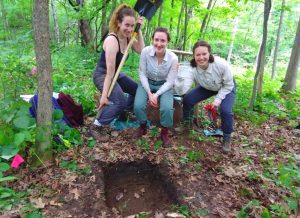
However, attending this summer program posed some financial difficulties for Bjornlie.
“Even if the price tag isn’t a deterrent [for potential students], finding a way to actually do it can be incredibly difficult,” she said. “I was working a lot before the field school because it’s an exhausting program, you hike, you do hard physical labor, you’re exhausted at the end of the day and unable to do any other work.” Bjornlie went on to explain that while some students can call upon the financial resources of their parents or other relatives, others do not have that option.
Though Bjornlie was ultimately able to attend the field school, she had to participate “off-transcript” due to financial reasons. This meant that she didn’t pay the tuition fee at the University of Minnesota and could participate, without receiving credit. Assistant Vice President of Financial Aid and Admissions Brian Lindeman said that while there are many interesting opportunities in the summer, “[Macalester has] really had to limit where we go with the aid program and kind of drawing that bright line around the semesters … we already spend the entire aid budget.”
Macalester currently provides a slew of stipends and funding offerings for summer opportunities like the Macalester Summer Internship Grant (MSIG), collaborative student-faculty research stipends and entrepreneurship programs like MacNest. However the majority of these opportunities are non-credit bearing, according to Provost Karine Moe.
“It’s tricky because when the college offers things for credit we have a financial aid commitment that we will meet the full need of our students,” Moe said. “Full need has been determined by the eight semesters that it takes to graduate. So we don’t offer things for credit in the summer because we don’t have financial aid for it.”
Students in the past have asked Macalester to provide more permanent funding for summer credit opportunities. A Macalester College Student Government (MCSG) resolution from April 2015 stated, “Macalester College offers extremely limited and exclusive funding opportunities for summer academic and career-related opportunities. Therefore be it resolved that all students completing a summer academic and career-related opportunity can register their experience for credit and have the cost waived.”
This resolution, sponsored by Abaki Beck ’15, Jolena Zabel ’16 and Stephanie Martinez ’17, led to the development of the MSIG.
Zabel wrote to The Mac Weekly, “We decided to bring forward a resolution in MCSG to carry it over the edge. It worked — that summer [2015] there were, I think, about $50,000 in summer internship grants for the first time [at Macalester].” Students who participate in MSIG are also able to receive one credit for their work in the summer. However, students like Bjornlie would like to see more, “[the field school program] is inaccessible to students who can’t afford it. So it’s a missed opportunity because Macalester students could be growing and learning as people and intellectuals in a very different way.”
Moe agreed. “[Funding summer opportunities] is something that we, the college, is thinking about very seriously,” she said. “Of course, as you can imagine, money is scarce so we are looking into ways that we could raise money to provide more opportunities.
Lindeman said that funding summer opportunities, especially those for credit, is not a new discussion topic. “There’s been conversation, there’s been attention to it, it has value, but so far no real solution,” he said. Both him and Moe emphasized the complexity surrounding the creation of Macalester-run, credit-bearing programs for the summer. “It’s extraordinarily complicated, so it would be a whole new direction for us to be going,” Moe said.
The opportunity to earn credits for summer programs may be a new direction for Macalester, but Bjornlie said she “just wanted to be [at the dig site] and learn and have the opportunity to engage with a site in a way that I would not have the opportunity to do otherwise.”
I had a wonderful time, and I think everyone should be able to do that, so that’s really my only concern.” Currently, there isn’t a field school program at Macalester, and sometimes even Macalester’s Cultural Resource Management class can’t go into the field because of weather conditions. Both Bjornlie and Lindeman also discussed summer study away programs, which can allow students with inflexible semester schedules or other conflicts to experience a study away opportunity. Macalester currently offers no aid or funding for summer study away programs.
While student interest has been there and continues to exist in accessing summer opportunity, faculty such as Legge have also approached Moe about developing summer programming, such as a field school, at Macalester. “The question about creating a field school is one that Scott Legge has brought forward. It’s something that there has been some conversation about,” Moe said. Lindeman and Moe both spoke in support of finding new ways to fund summer opportunities. Lindeman said it often takes a backseat.
“I think that my feeling has been that focusing on the school-year financial aid program is the highest priority, but I think I would also acknowledge that there’s a desire to support students when they’re doing such interesting things,” he said. “It’s a question of being able to. We never have enough money to do everything we’d like to do, so it’s a questions of trade-offs and priorities.”
For Bjornlie, failing to provide funding for summer credit-bearing programs like the field school can discourage some students from even looking into them.
“When you see the price tag a lot of students don’t go further than that and investigate ways to fund it because the price tag itself is a deterrent — knowing that it will be an unfunded opportunity,” Bjornlie said.


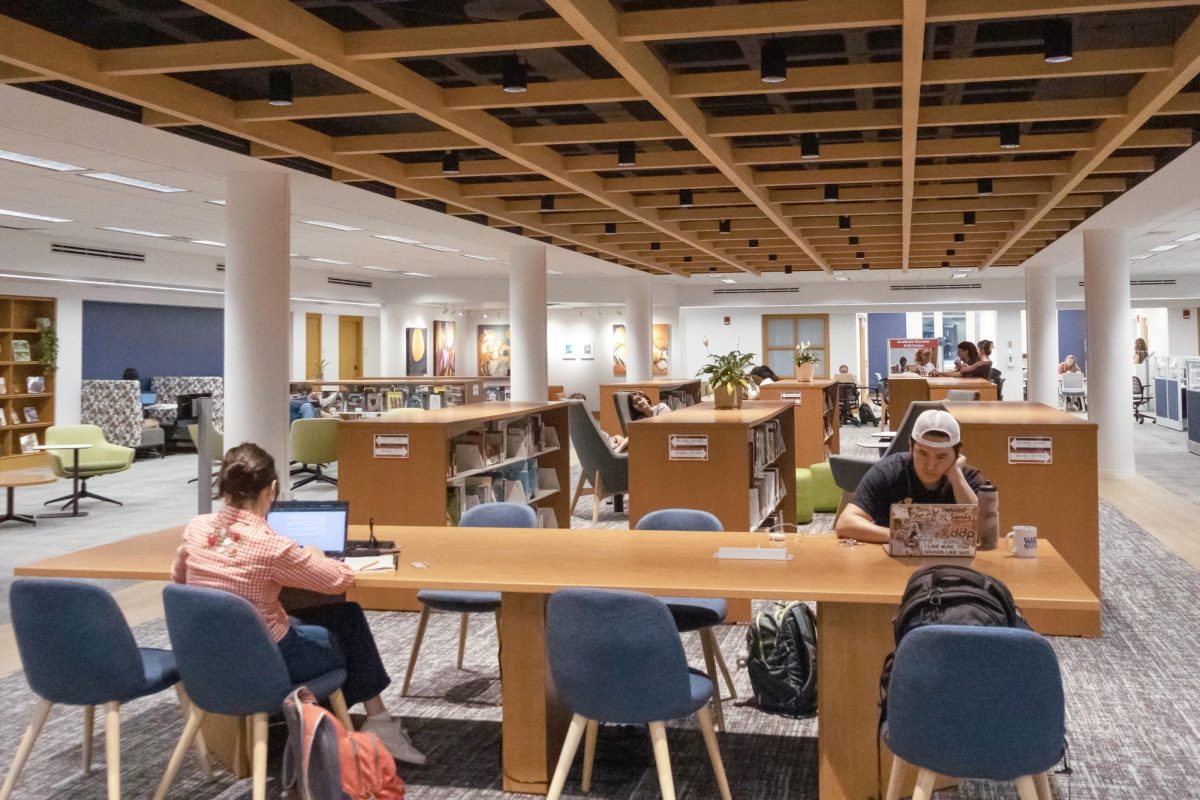
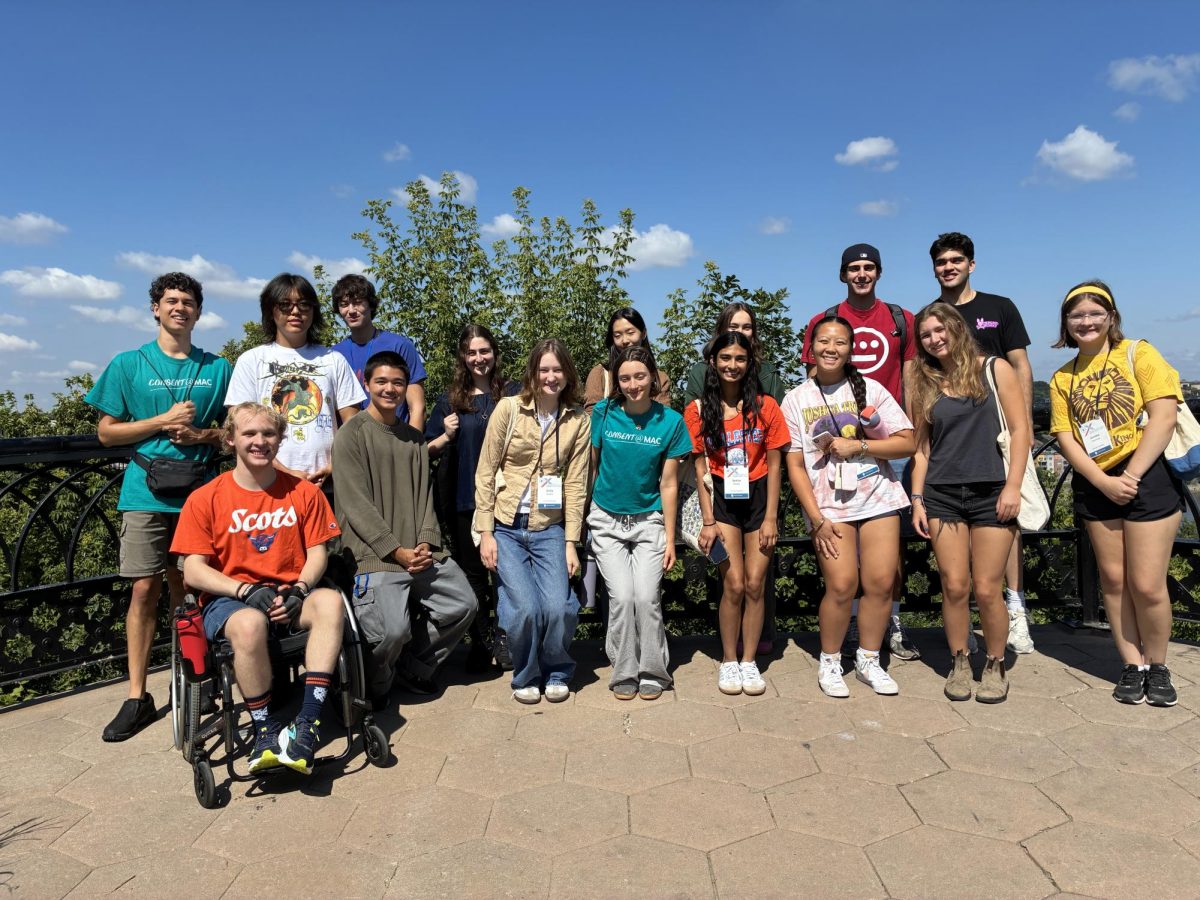
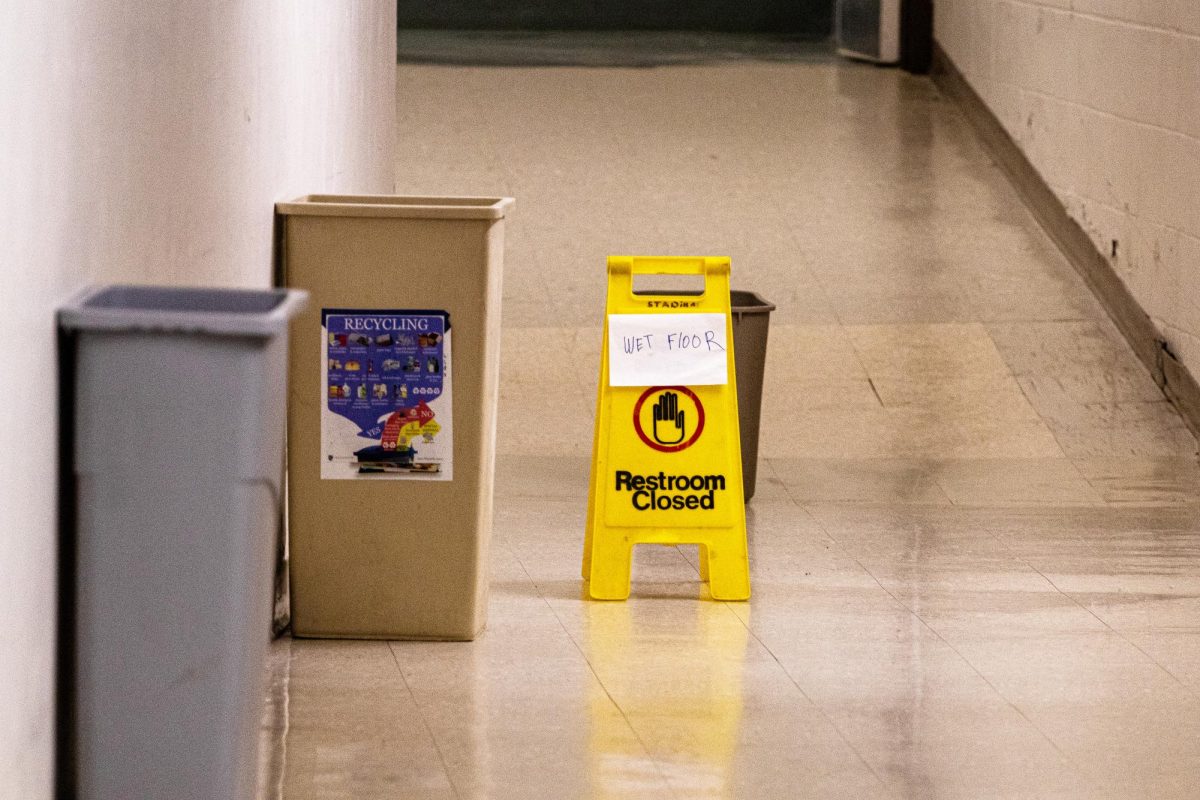
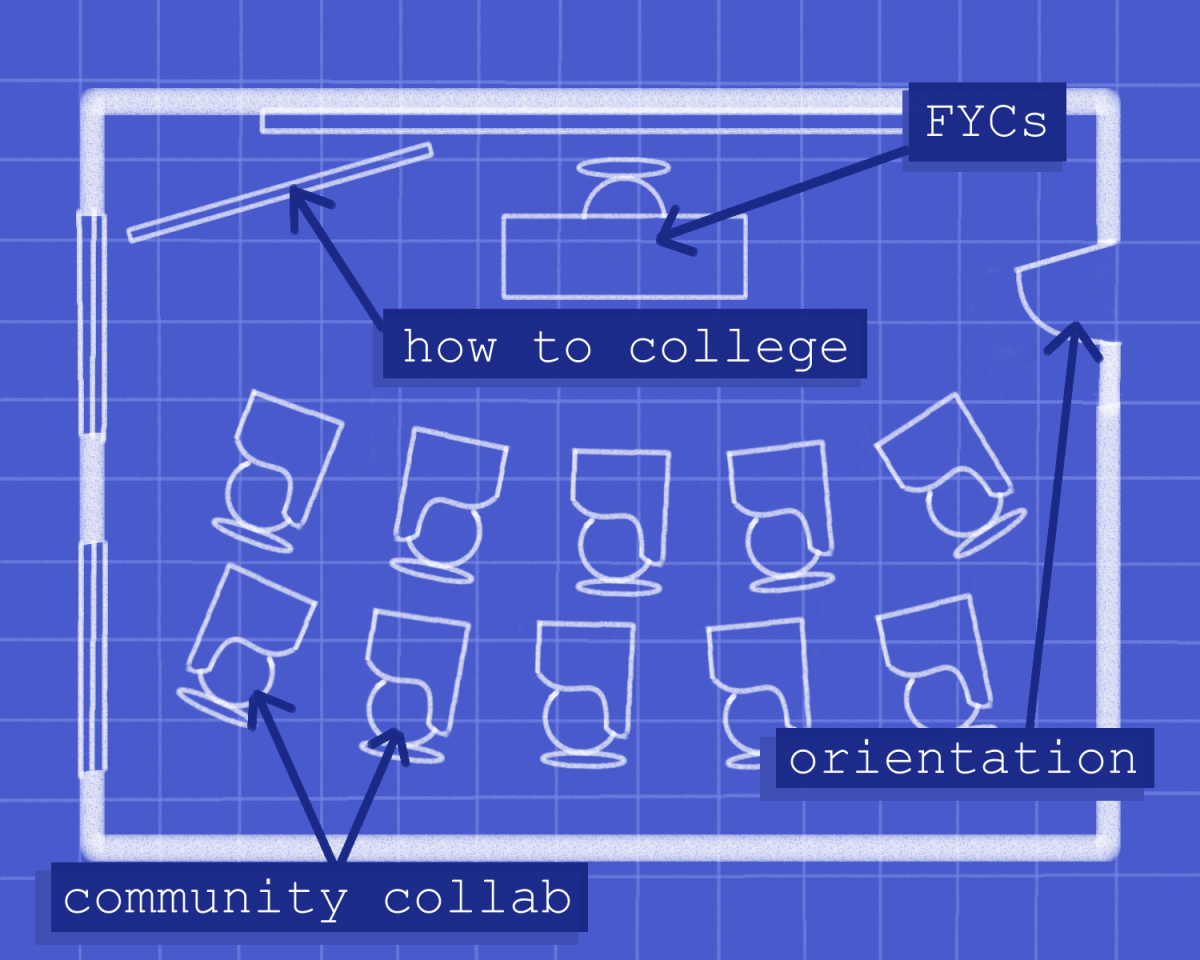
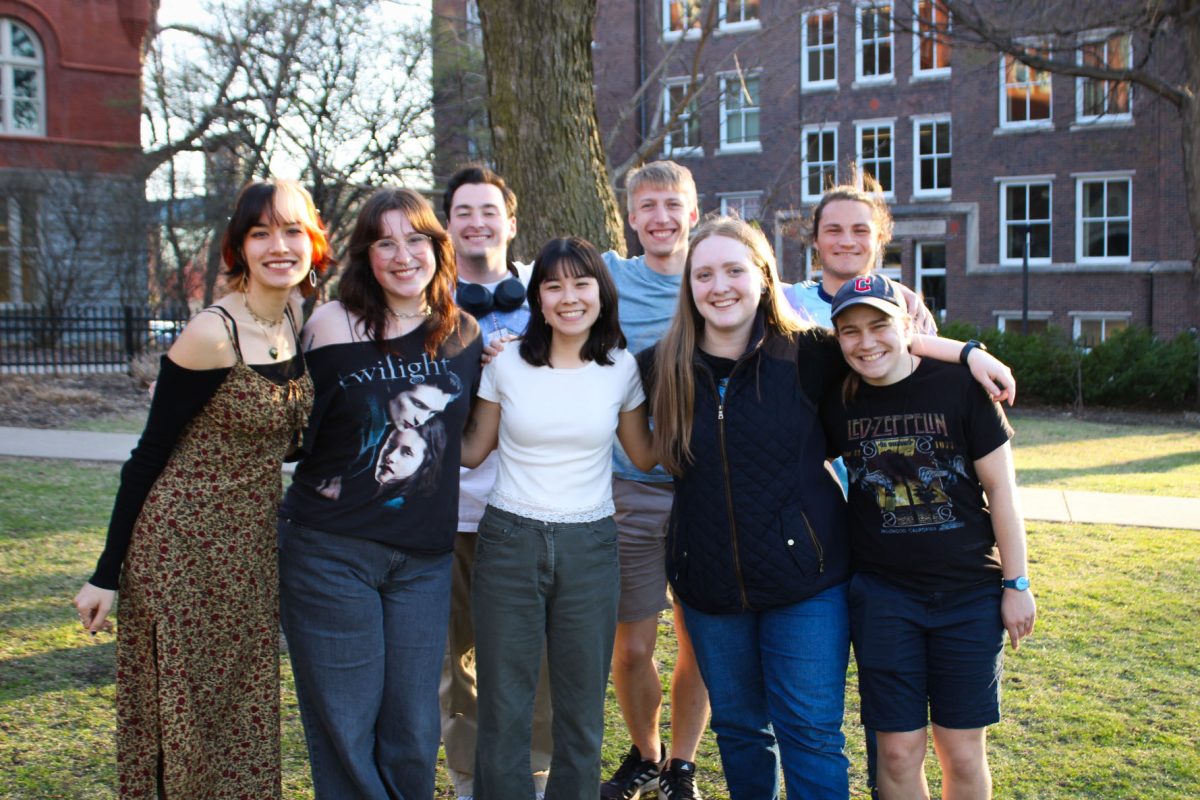
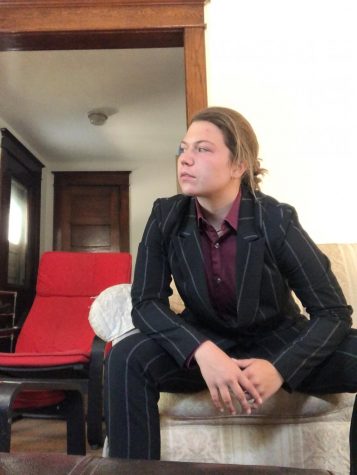
Michelle Randall • Sep 11, 2019 at 2:48 pm
You really make it appear really easy along with your presentation however I to find this matter to be really something which I think I might never understand. It seems too complicated and extremely large for me. I’m looking ahead on your subsequent post, I will attempt to get the cling of it!
Lillian Howard • Sep 10, 2019 at 9:07 am
I dugg some of you post as I cogitated they were very useful handy
Ava Howard • Sep 9, 2019 at 4:48 pm
Admiring the persistence you put into your blog and detailed information you offer. It’s awesome to come across a blog every once in a while that isn’t the same unwanted rehashed information. Wonderful read! I’ve bookmarked your site and I’m adding your RSS feeds to my Google account.
Aerie codes • Aug 1, 2019 at 8:14 am
You completed several fine points there. I did so a search on the problem and found mainly people could have the same opinion together with your blog.
SKy-Zone-Coupon • Jul 29, 2019 at 7:36 pm
Carries anyone got any genuine success through HARO? It only feels that many of the reporters attached with the organization will be from the united states which terribly lack much targets from other countries especially within South Asia. Brian, are you able to principal me personally to any case studies? Thanks.
Errol Morck • Jul 23, 2019 at 9:14 am
Mass parsite http://bit.ly/2W9CVkn